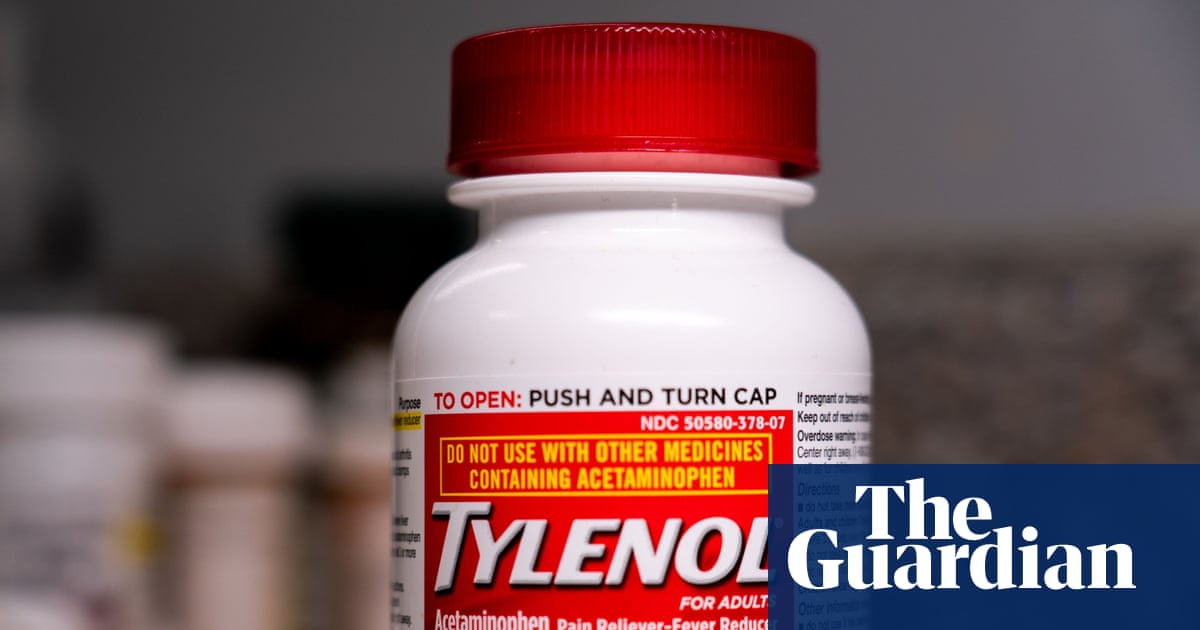Concerns Arise Over Acetaminophen Use During Pregnancy Following Trump's Unproven Claims
Recent warnings from former U.S. President Donald Trump regarding acetaminophen use during pregnancy have sparked concern among maternal health specialists and expecting parents. Trump's claims, linking acetaminophen to neurological conditions like autism and ADHD, have been widely refuted by medical experts and organizations. The situation has prompted health agencies in both the United States and United Kingdom to reaffirm the safety of acetaminophen when used as directed during pregnancy.
Expert Reassurance Amidst Misinformation
Several medical doctors and health organizations have rejected Trump’s assertions. They emphasize that scientific evidence does not support the claim that acetaminophen, the active ingredient in Tylenol, causes neurological conditions. Kenvue Inc., the maker of Tylenol, has also refuted Trump’s position. Gynecologists advise against anti-inflammatory drugs like Advil after 20 weeks of gestation due to potential kidney damage to the unborn baby, and maintain that acetaminophen remains the safest option for managing fever and pain in pregnant patients. They warn that not addressing these symptoms can lead to a heightened risk of miscarriage and early labor.
Health Agencies Respond
The U.S. Food and Drug Administration (FDA) has initiated a process to change the label for acetaminophen to reflect some evidence suggesting a possible association with an increased risk of neurological conditions in children. However, Health Canada issued a public advisory stating that acetaminophen is a “recommended treatment for fever and pain during pregnancy” and that there is no conclusive evidence linking it to autism or other neurodevelopmental disorders.
Individual Experiences and Expert Opinions
Leilani Garel, a new mom from Markham, Ontario, initially hesitated to take Tylenol during her pregnancy but was reassured by her doctor and midwife. She shared that Tylenol helped alleviate her pain and emphasized that mothers shouldn't feel bad about using it when needed. Midwife Althea Jones, president of the Association of Ontario Midwives, acknowledged the stress pregnant individuals face and reiterated that acetaminophen is safe to use in pregnancy as directed, based on the evidence.
International Response and Expert Condemnation
In the UK, Wes Streeting, the health secretary, dismissed Trump’s unproven claims, urging mothers-to-be to ignore the remarks. He emphasized that “there is no evidence to link the use of paracetamol by pregnant women to autism in their children.” Prof Sir Andrew Pollard expressed concern that misinformation from various sources, including the US government, could undermine confidence globally. Similarly, Dr Alison Cave from the MHRA affirmed that pregnant women should continue taking paracetamol for pain relief as per existing guidelines.
Recent Studies and Perspectives
While some studies, including one published in BioMed Central’s Environmental Health journal, showed an association between acetaminophen use during pregnancy and an increased risk of neurodevelopmental conditions, researchers noted that the findings did not establish causation and called for further investigation. A recent Swedish population study, considered a gold standard for scientific research, found no evidence of an increased risk of autism associated with the medicine.
The Impact on Patient-Provider Relationships
Darine El-Chaar, a member of the Society of Obstetricians and Gynaecologists of Canada (SOGC), expressed concern that Trump’s comments could negatively impact relationships between healthcare providers and patients. She emphasized the importance of dissecting the available information on the topic to make informed decisions based on sound scientific evidence. The SOGC reaffirmed its position on acetaminophen use in pregnancy, advising patients to use the medication at recommended doses, for the shortest time possible, and when medically necessary.
 Visit the website
Visit the website





